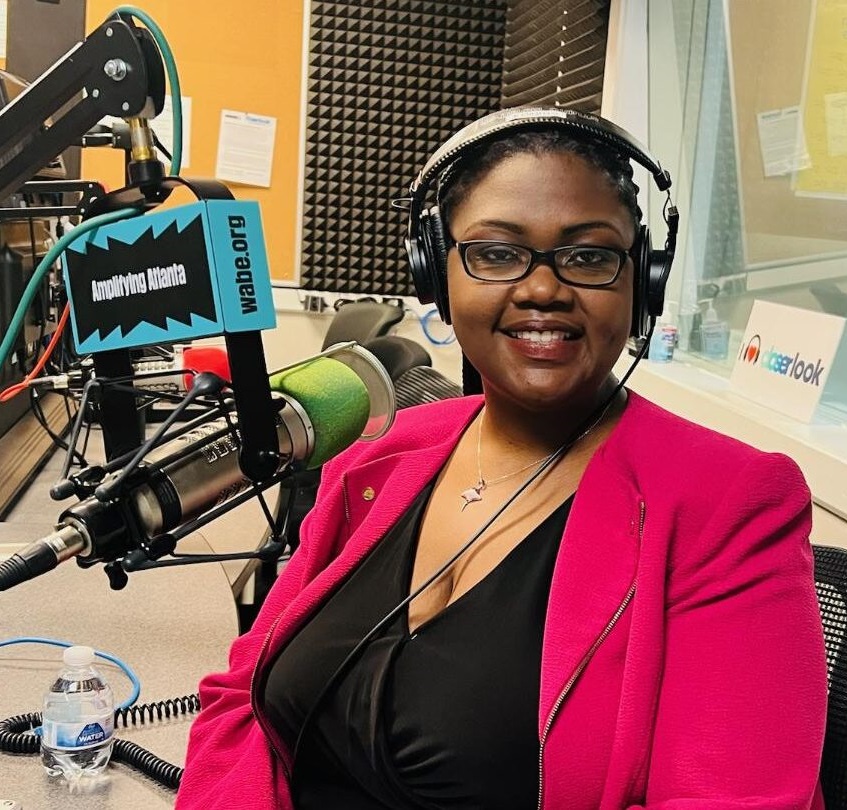How a Local Surgeon Aims to Improve Health Equity in Underserved Communities Through Robotics
Dr. Shaneeta Johnson, Professor of Surgery, Director of the Minimally Invasive and Bariatric Surgery Program, and General Surgery Residency Program Director at Morehouse School of Medicine, discusses how she’s using robotic surgery to create equitable health care for underserved communities in the Atlanta area
 Dr. Shaneeta Johnson
Dr. Shaneeta Johnson
Professor of Surgery, Director of the Minimally Invasive and Bariatric Surgery Program, and General Surgery Residency Program Director, MSM
By LaShawn Hudson, WABE
Dr. Shaneeta Johnson is on a mission to use robotic surgery as a pathway to improve health equity.
Dr. Johnson, who serves as a professor of surgery, the Director of the Minimally Invasive and Bariatric Surgery Program, and the General Surgery Residency Program Director at Morehouse School of Medicine, performs hundreds of surgeries using robots.
She says the procedures can be complex, but they’re precise, which can have better outcomes for the patient.
“I’m sitting at a console with joysticks at my fingers— and with those, I’m controlling the robot inside the patient’s body,” explained Dr. Johnson. “So, I’m looking through a 3-D vision, in front of me that console, looking inside the patient at what’s happening. Now, because I’m doing all of the work inside the body and not at the skin, we have very little pain.”
Dr. Johnson was a guest on Tuesday’s edition of WABE radio program “Closer Look.” She talked with show host Rose Scott about the ongoing need to make sure all people have access to minimally invasive and robotic surgery.
During the conversation, Dr. Johnson mentioned a partnership between Morehouse School of Medicine and Grady Memorial Hospital that aims to improve access to robotic surgical care.
“What we notice is that when we do increase access, we do improve the health of a community. We impact so many different areas,” said Dr. Johnson.

